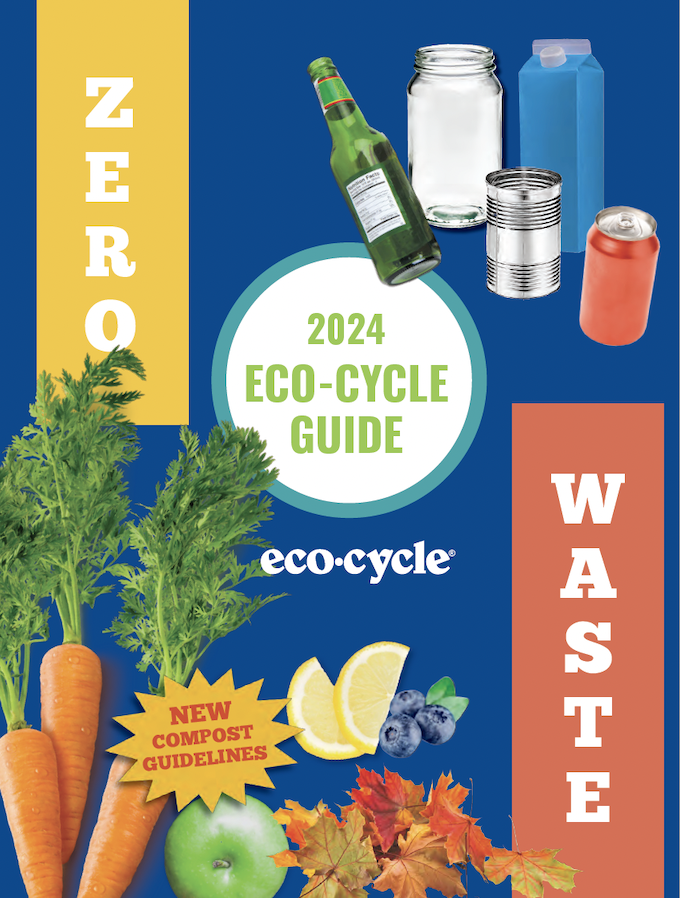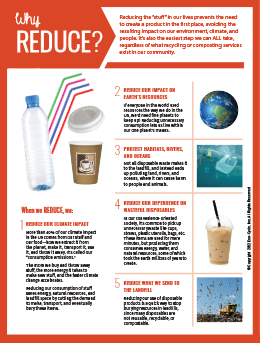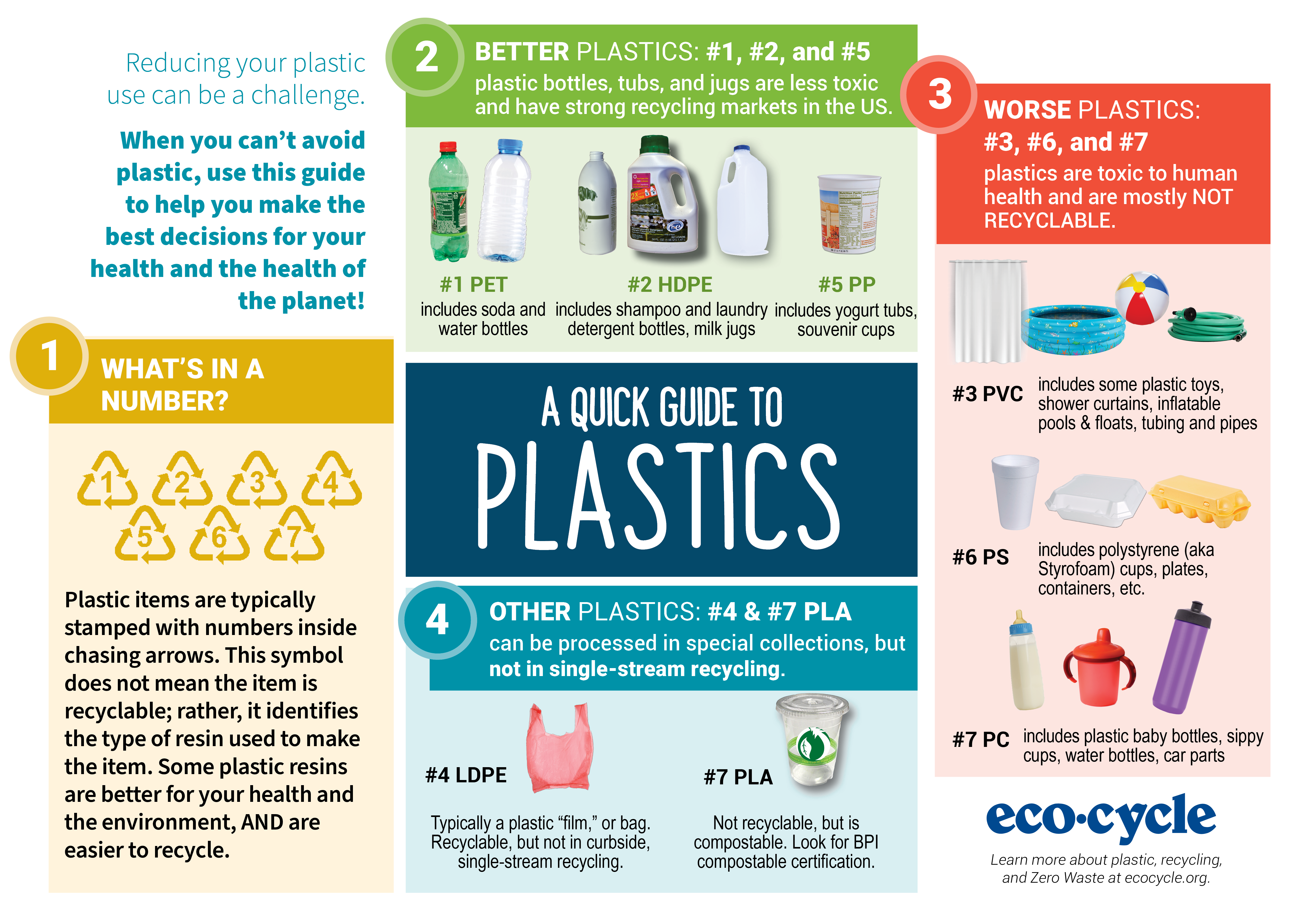What is junk mail?
Junk mail, aka unsolicited mail or direct mail, consists of all the credit card offers, catalogs, flyers, coupons, and other mailings that you didn’t ask for and don’t want.
Why should I care about junk mail?
Junk mail comes at a huge cost to our quality of life. Sorting, reading, and recycling junk mail takes time away from your daily activities. Senders of junk mail endanger your privacy by sharing your name, address, and purchasing habits with marketers. Junk mail fills your mailbox with credit card offers and other mailings that could put your identity at risk if in the wrong hands. Junk mail also results in clutter, yet another blow against a simpler, less wasteful life. An estimated 100 million trees are cut down each year for the production of junk mail, with almost 130 billion pieces of junk mail sent by the USPS in 2021. We have the power to reverse all of these negative impacts by simply choosing to receive only the mail we want.
Junk Mail Facts
While digital marketing has no doubt exploded in recent decades, printed direct mail still accounts for billions spent in marketing dollars in the US. Here are some facts and statistics about the prevalence of printed direct mail in marketing today:
- In 2021, the United States Postal Service mailed 128.9 billion pieces of direct mail.
- The USPS has made billions of dollars off its direct marketing services: In 2021 alone the USPS made almost $15 billion of revenue in Marketing Mail alone.
- Junk mail is truly unwanted: In 2017, only 2.9% of prospective customers (i.e., those who had not yet purchased anything from the direct mailer) responded to direct mail sent via USPS.
Support legislation to reduce junk mail and other unwanted solicitation
Many states are considering legislation to create “do not mail” registries similar to the current “do not call” lists. Find updates on proposed state “do not mail” registry bills.
Seattle, Washington, is the first US city to regulate the distribution of unwanted phone books. Residents and businesses can unsubscribe from phone books and distributors must honor these requests. Phone book distributors will pay the city 14 cents per book annually to cover the city’s costs for managing phone books, based on the product stewardship principle of holding manufacturers responsible for covering the costs to recycle their end-of-life products.
San Francisco, California, now requires that phone books can only be delivered to residents and businesses who wish to receive the phone books, and prohibits the common practice of dropping unsolicited phone books on every doorstep in the city.



























